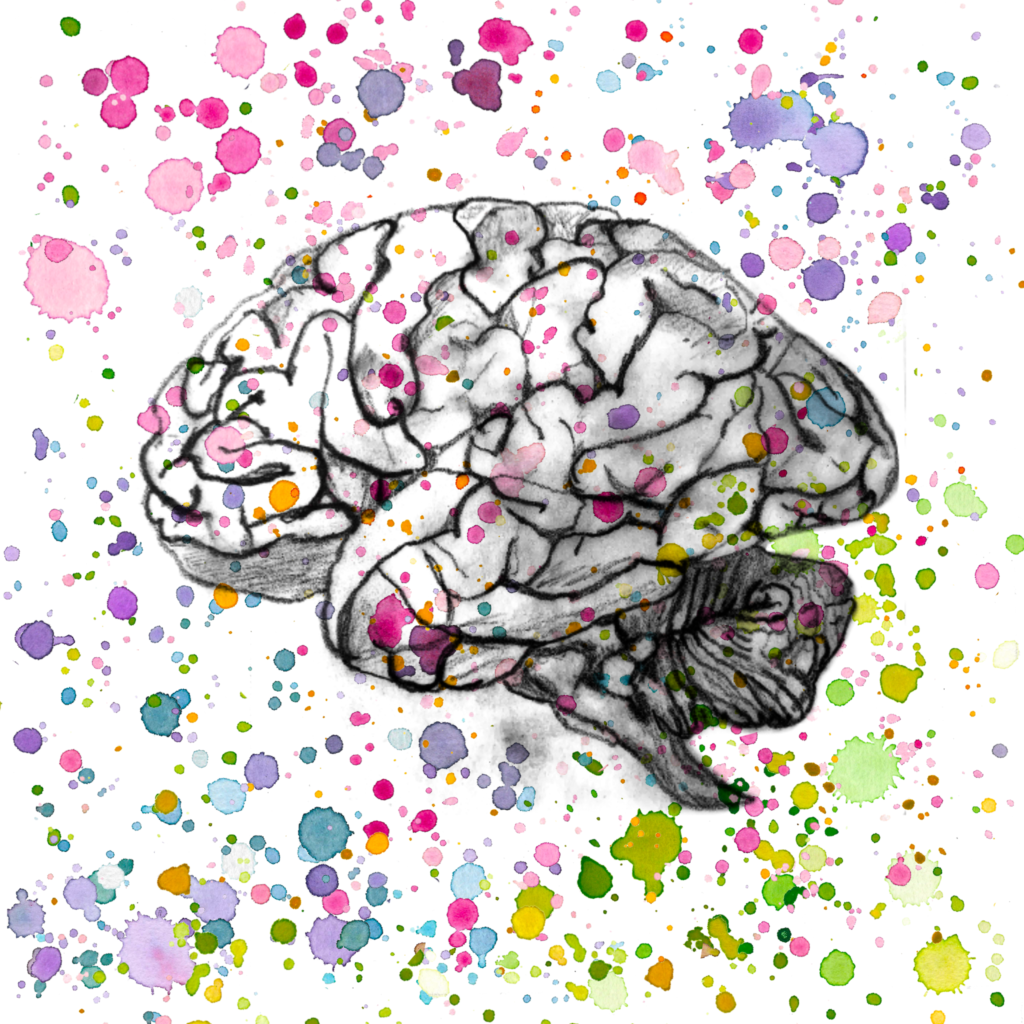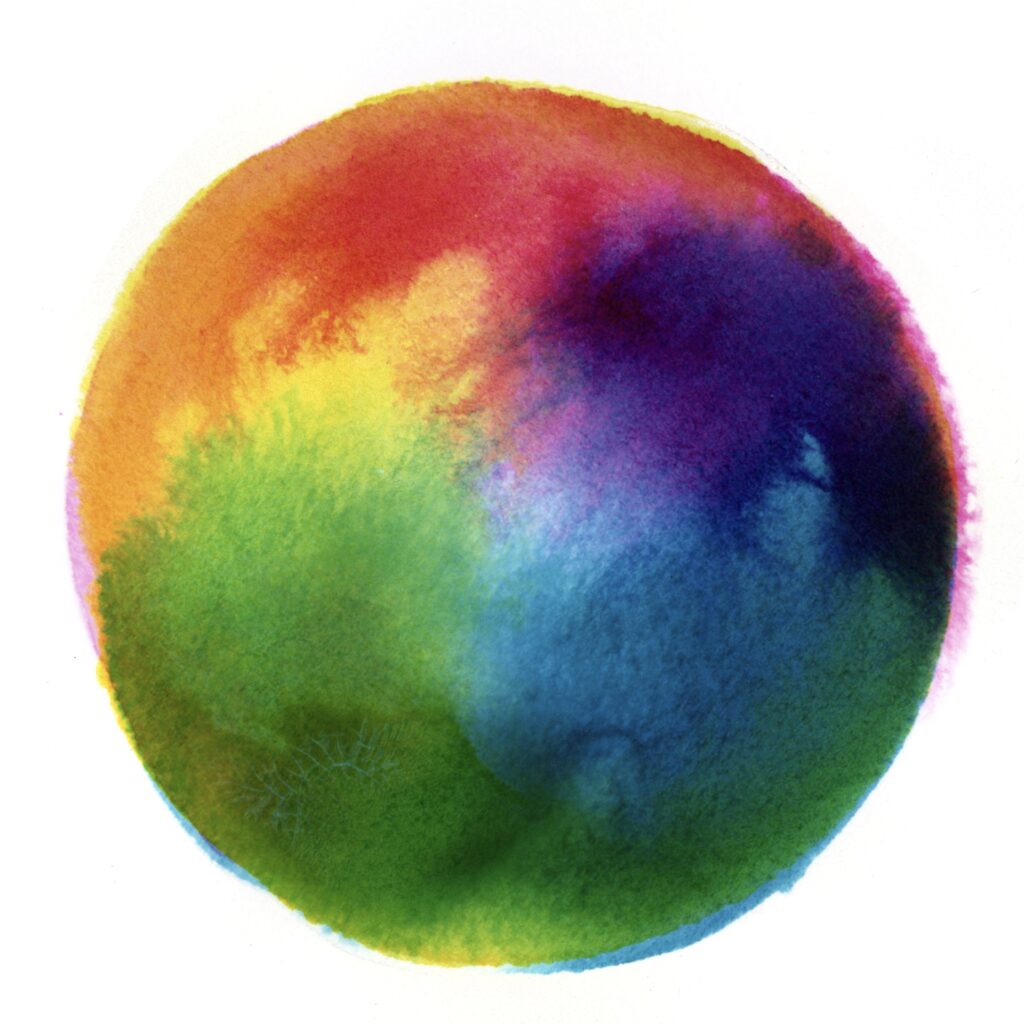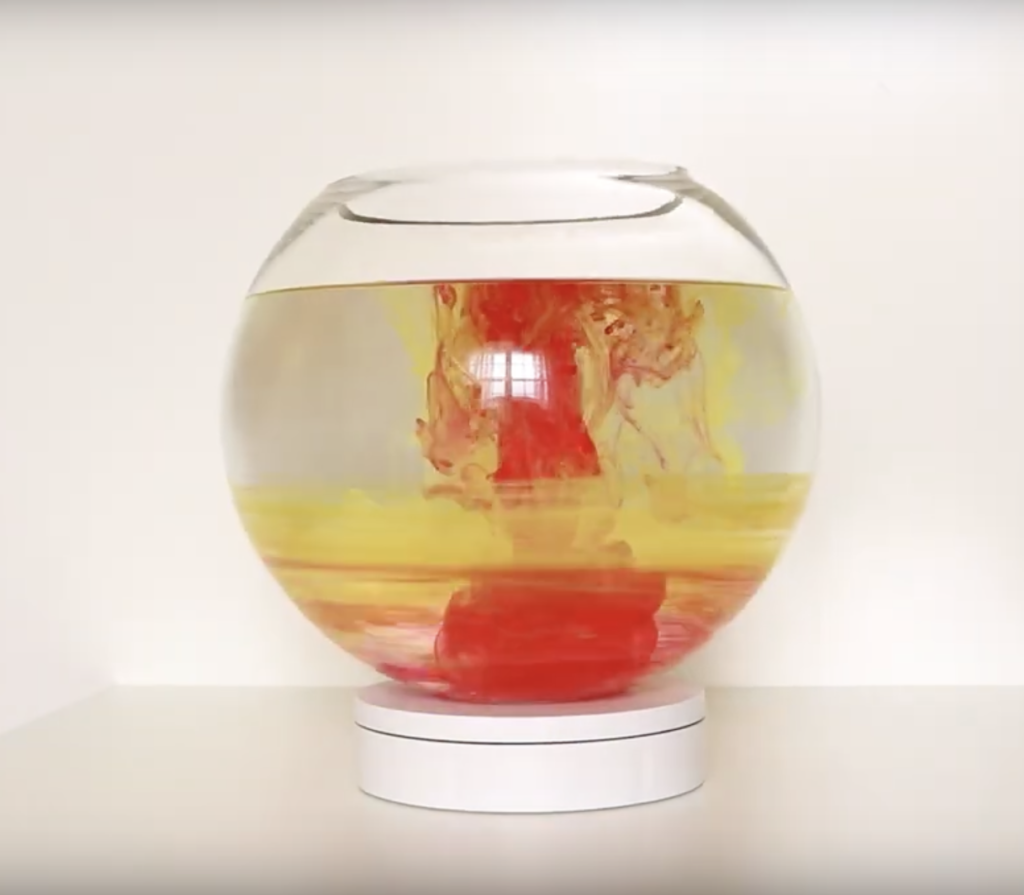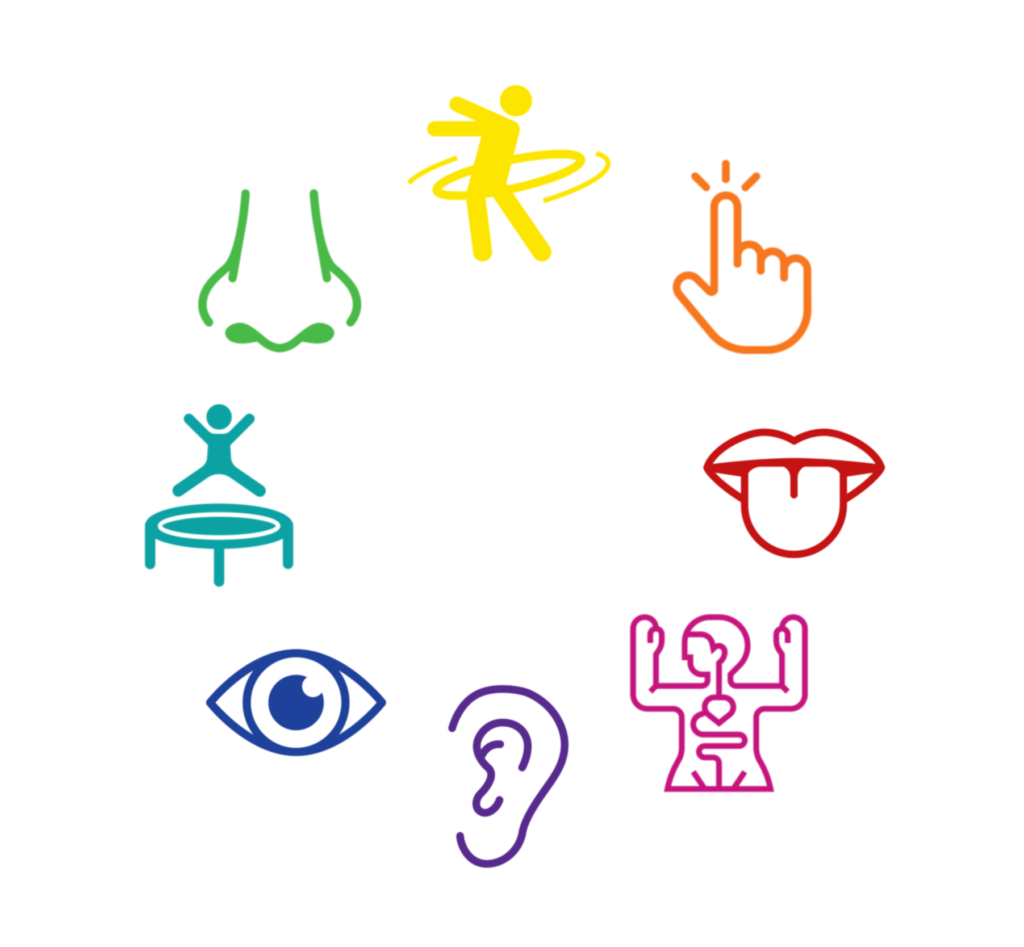I’m an autistic adult and parent of an autistic child. After years of internalizing my neurodivergent traits as “flaws” my child’s diagnosis changed everything for me. Learning about how autistic brains are wired helped me begin to reframe autistic traits as differences and find ways to better support both of us.
Here is what I wish I’d known about myself growing up.
“On the Spectrum”
When we talk about autism or neurodivergence we often mention a spectrum. Sometimes this is misunderstood as a range of intensity from “more” to “less.” But you cannot be “more” or “less” autistic or neurodivergent.
I made a zine to illustrate the complexity and nuance of being “on the spectrum.” You can read it here.
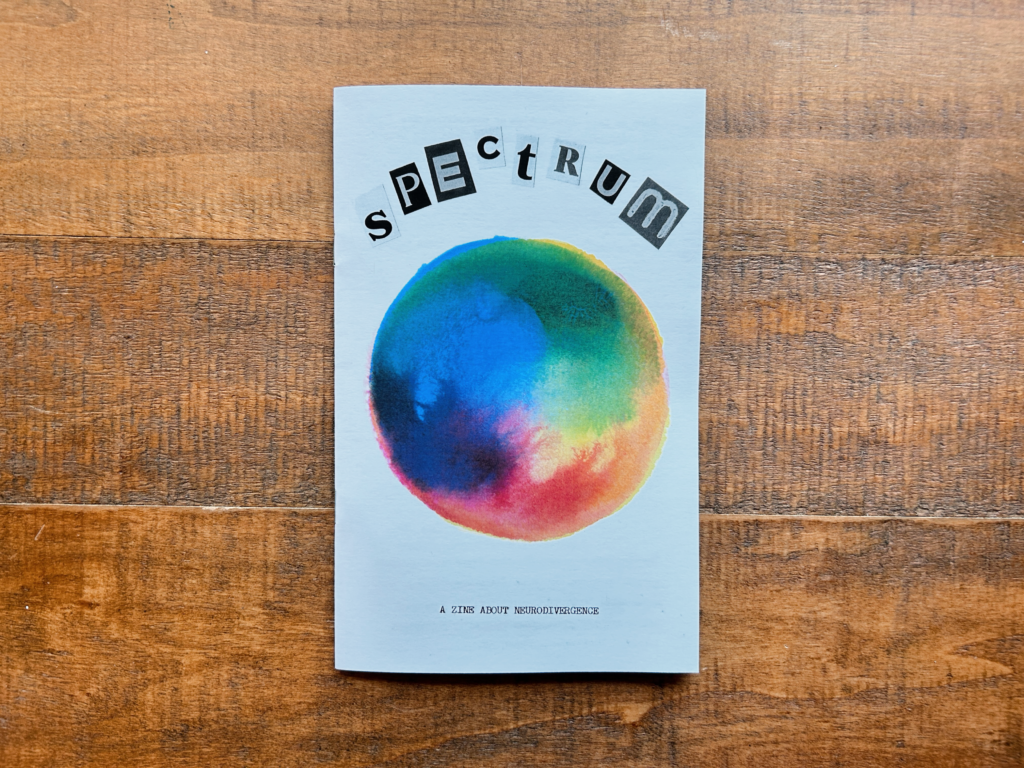
Celebrating Autism
On a personal note, I made this video to celebrate my child’s autism diagnosis and share the news with our family. I really recommend framing a diagnosis of autism or ADHD as a positive milestone and celebrating it as such. We celebrate the anniversary of our diagnosis each year as our Neurotype Day.*
High Masking
It’s really important that parents consider whether they might be neurodivergent themselves. Autism and other types of neurodivergence are genetic. If you child is on the spectrum there is high chance one or both parents are also.
Even if you don’t have enough traits for a diagnosis recognizing and supporting your neurodivergent traits is really critical.
Neurodiversity Affirming Professionals
Here are some therapists I have enjoyed learning from.
- Andi Putt (for autism and speech therapy content)
- Alexandria Zachos (for delayed speech and gestalt language processing)
- The Autism Handbook (invaluable for communicating to teachers)
- The Meaningful Speech Course (a neurodiversity affirming approach to speech therapy)
Neurodiversity Affirming Education
Daniella (@autism.conmigo) is an Autistic + ADHD parent of 2 autistic kids with a doctorate degree in education. She offers 1:1 support and consultations.
I’ve worked with Daniella personally and highly recommend her for support home educating or advocating for your kids within traditional schools.
Support Tools & Further Reading
Click here for links to my favorite fidgets, sensory reset tools, and books.

How it Feels to Me
You may also be interested my picture book, How it Feels to Me – an introduction to sensory processing for readers of all ages.

Return to the
Neurodiversity Affirming Resource Library
FOOTNOTES
* Shout out to my friend Hayley Dunlop for coining this.

